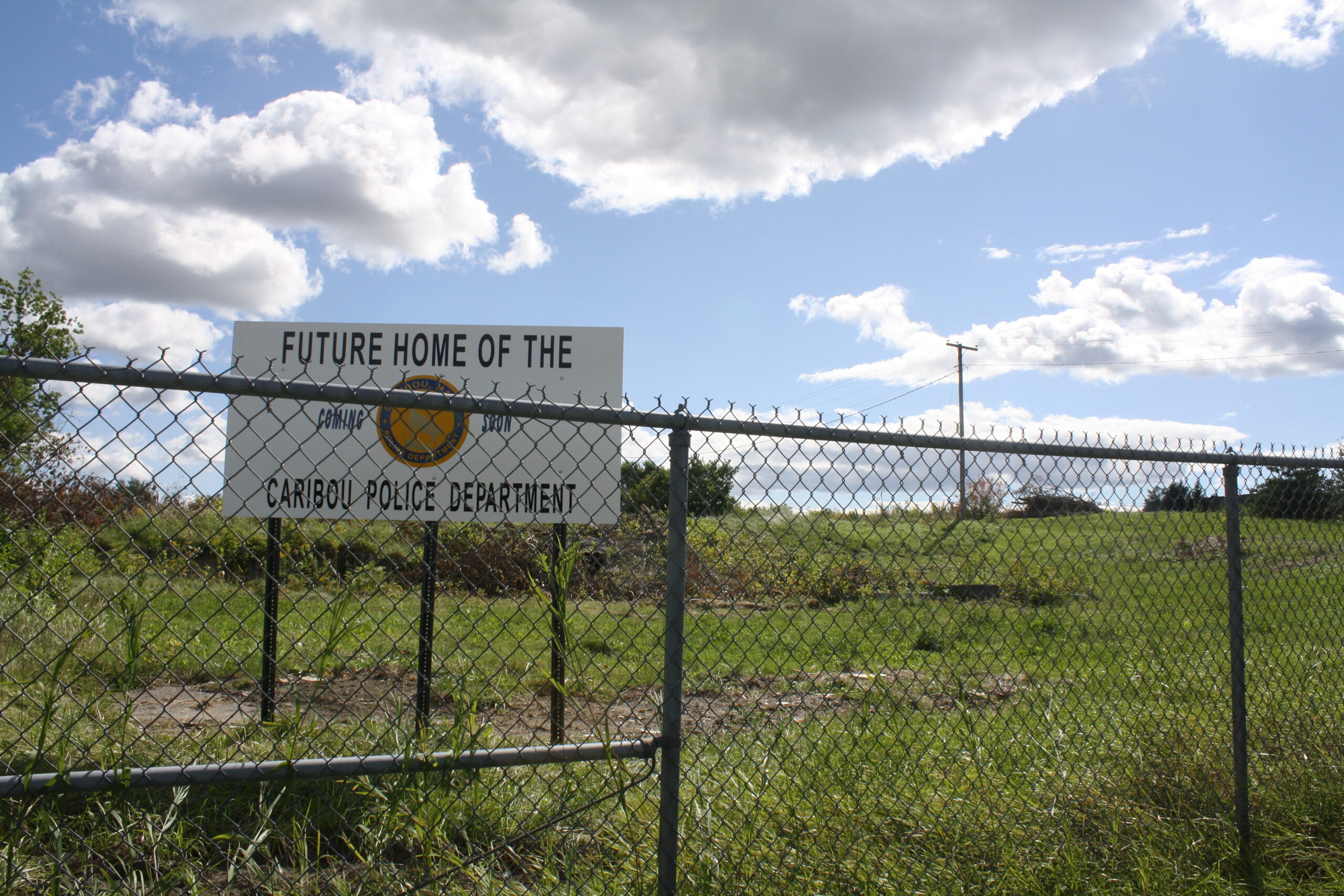
CARIBOU, Maine — Caribou leaders are hoping that a long-vacant, former industrial space will become the new home for the city’s police department.
Bird’s Eye once operated a vegetable processing plant on a 22.5-acre site at the intersection of Fort Street and Route 1. Caribou acquired the site through unpaid taxes in 2014 and demolished the buildings in 2018. But since then, the site remained vacant, without any potential developers stepping up.
If all goes well, three and a half acres of that property will become the new headquarters for Caribou Police Department.
“It’s a gateway to our community,” said Police Chief Michael Gahagan. “[The station] would be one of the first buildings you’d see going into town.”
Caribou is in desperate need of a new police station. Located in the basement of Caribou’s city hall, built in 1939, the current station lacks sufficient space for storing case files and weapons and processing evidence. Structural issues include leaky faucets and mold growing on the garage walls.
The station is also the only regional 72-hour holding facility besides the Aroostook County Jail in Houlton. Police departments throughout Aroostook utilize Caribou’s holding cells while suspects await bail or their initial court appearances.
Bangor-based architectural firm Artifex is working on a design for the new station, while keeping the city’s chosen site in mind. Artifex designers recently visited the site, Gahagan said.
Artifex’s design is not ready for city council review yet, Gahagan said. When finished, the proposal could include larger holding cells, a basement garage for police vehicles, public and private meeting rooms and more space for evidence processing and storage.
Pending good results of environmental tests, to be conducted this fall, the city hopes to begin groundwork in spring 2024, Gahagan said.
The city plans to utilize $2.5 million in congressional funds it received last winter toward the new station. In June 2022, voters approved the city spending no more than $10 million on the project.






